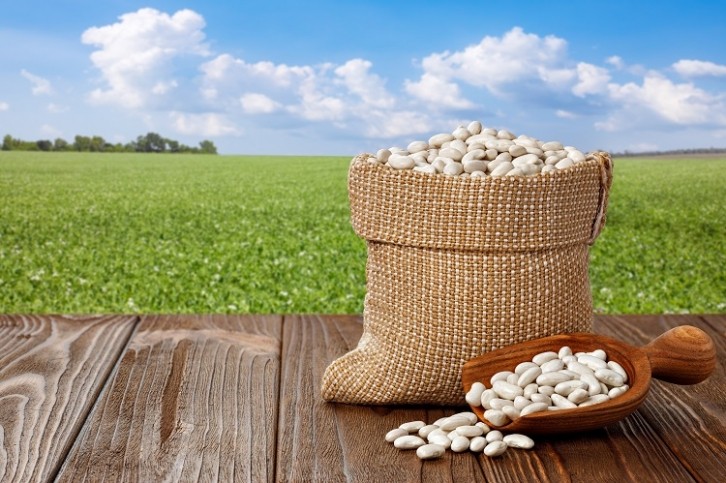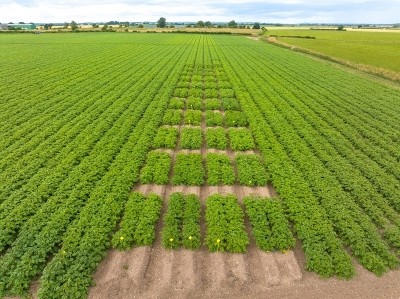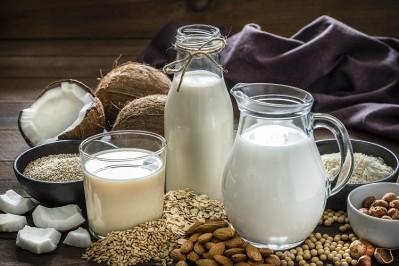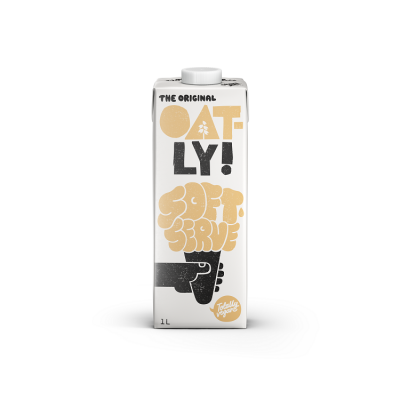Is being dairy-free enough? Alt dairy players share differing approaches to sustainability
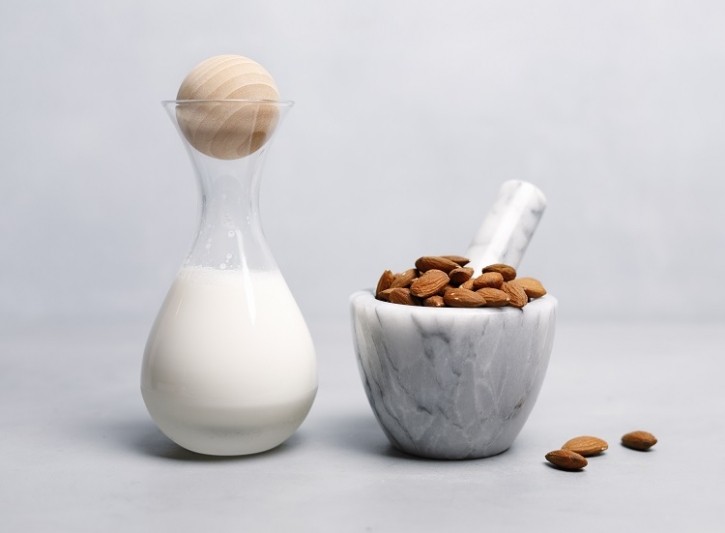
According to the UN, the dairy industry is responsible for roughly 3.4% of global greenhouse gas emissions. Thus, dairy alternatives are actively replacing something that makes significant contributions to climate change.
Despite the sustainable nature of many alternative dairy products, many in the alt dairy sector feel that this isn’t enough; that it is also their role to educate the consumer on sustainability.
However, others feel that an aggressive focus on sustainability is not what consumers are looking for, and that a more effective way to challenge dairy is simply to make an excellent product that people will choose in lieu of animal-based dairy.
At our Protein Vision event in June, business leaders in the alt dairy sector spoke to us about their approaches sustainability.
Getting rid of the animal
For some, getting rid of the animal from the production process is the most important aspect of alt dairy when it comes to sustainability. Sorosh Tavakoli, founder and CEO of Sweden-headquartered alternative cheese company Stockeld Dreamery, belongs in this camp.
Promoting sustainability credentials, he suggested, is not the company’s main focus because “removing the animal has such a massive impact that we think all of our focus should be on converting dairy to plant-based.”
The way Tavakoli views it, a better way to enhance sustainability is to make the product as appealing as possible, therefore replacing dairy usage and cutting down on overall dairy consumption. “We’re trying to optimise on sales and replace dairy [en masse] because we know that’s by far the most impactful thing we can do,” he said.
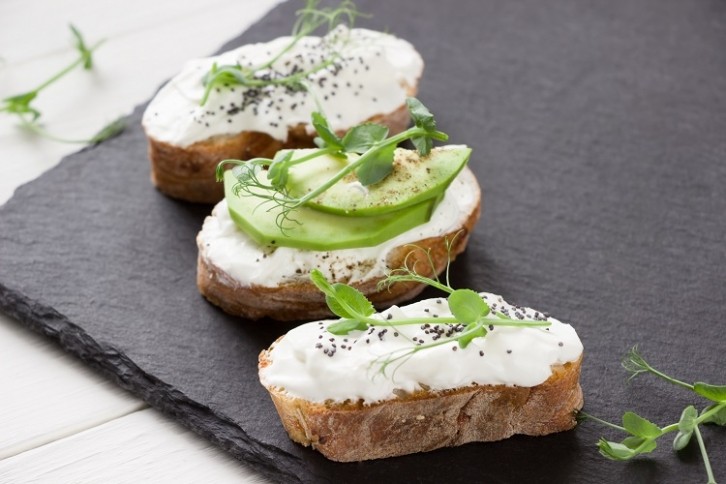
The company does measure its carbon footprint – Tavakoli points out that its cream cheese has 70% lower carbon emissions than the dairy equivalent – but this isn’t what is central to its business aims. The product, and specifically the taste, comes first.
“We’re not trying to sell consumers on the fact that we’re sustainable,” he said. “We think consumers already get that.
“The number one thing is the actual product, how it will taste; because we think we can attract people to buy this the first time. The question is, will they like it? Will they buy it again? That will, more than anything else, come down to the actual product experience of the taste, the initial flavour, the texture.”
Leading the conversation
However, others disagreed. Brad Vanstone, co-founder of Dutch alt cheese company Willicroft, said that while he agrees that ‘the consumer is not there yet’ in terms of being influenced by sustainability in their buying habits, he stressed that it is the responsibility of businesses to lead the conversation.
“I think we as a business see it as our responsibility to really own the sustainability part of our business."
“For example, we selected white beans so we could grow those with Dutch farmers, so we could convert those farmers away from dairy and onto growing beans and pulses.
“I think we need to change the mechanics of the food system and I think we all...want to reduce the amount of dairy but that also starts with farmers.
“Measuring emissions, regularly looking at how you can improve those emissions, are really fundamental parts to evolving every business’s sustainability plans. And that’s not just plant-based products; I think every single business should be forced to measure emissions and report upon them.”
Nick Watkins, founder of alt milk company MIGHTY, agreed with the importance of education, suggesting that on-pack eco-credentials is the way to go.
“Being able to identify to a consumer that what they’re buying there is more sustainable, and they can then interrogate the pack if they want to” is deeply important.
“It helps us to identify where we can improve, but it also helps consumers to understand what impact they’re having.”
Using imagery is particularly effective for this, Watkins suggested.
“At MIGHTY, [we try to] help the consumer understand what they’re doing, because if you say to somebody you’re saving a thousand tonnes of carbon, I’d love anybody on this call to show me what a thousand tonnes of carbon looks like, because I certainly couldn’t.
“So we’re trying very hard to educate consumers through the messaging that we give in terms of water usage, for example. When a million consumers have purchased a carton of MIGHTY, this is how many football stadiums have been saved of water. It makes it quantifiable to the consumer to understand the cost what impact they are actually having on the environment.”
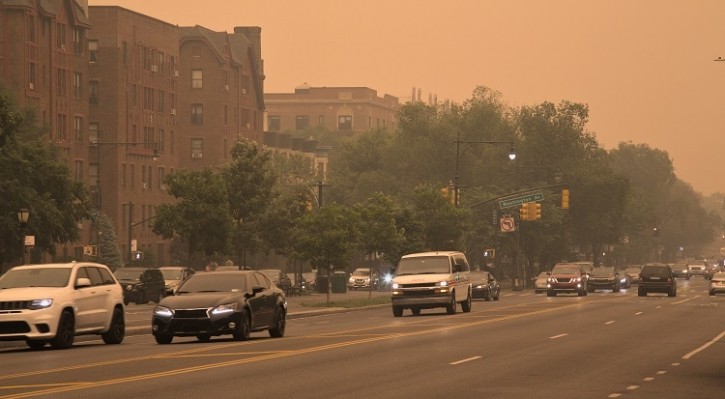
Watkins stressed the urgency of this education. “I’m sure everybody saw the scenes of New York with orange skies the other day,” he said, referring to smoke from Canada’s wildfires reaching New York City in the US, which many believe to be linked to climate change.
“So with these scenes of the apocalypse, there has to be a seismic shift, and consumers are the ones who have to make and drive the change. Us as brand owners, it’s our responsibility to educate the consumer about the benefits to why they would make that change.”
Missed Protein Vision 2023? Don’t worry, all four sessions profiling cutting edge innovation in the alternative meat and dairy space are still available to view. Register here to watch on demand.
